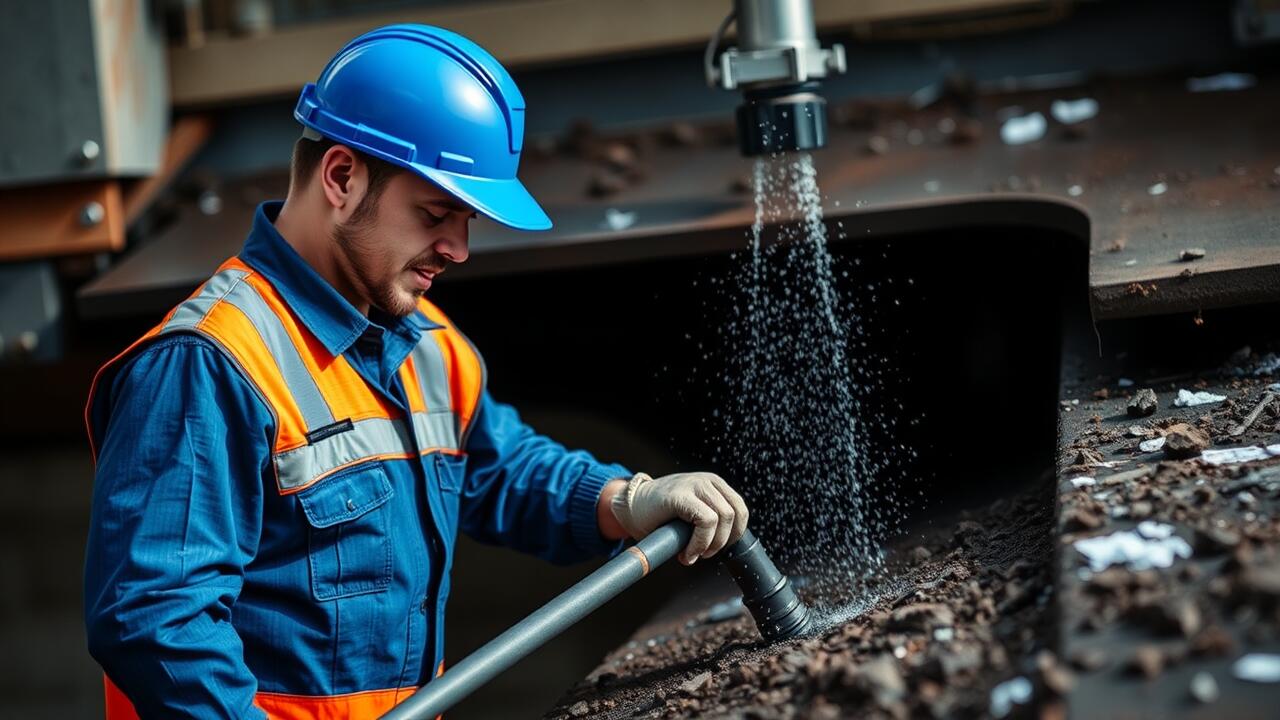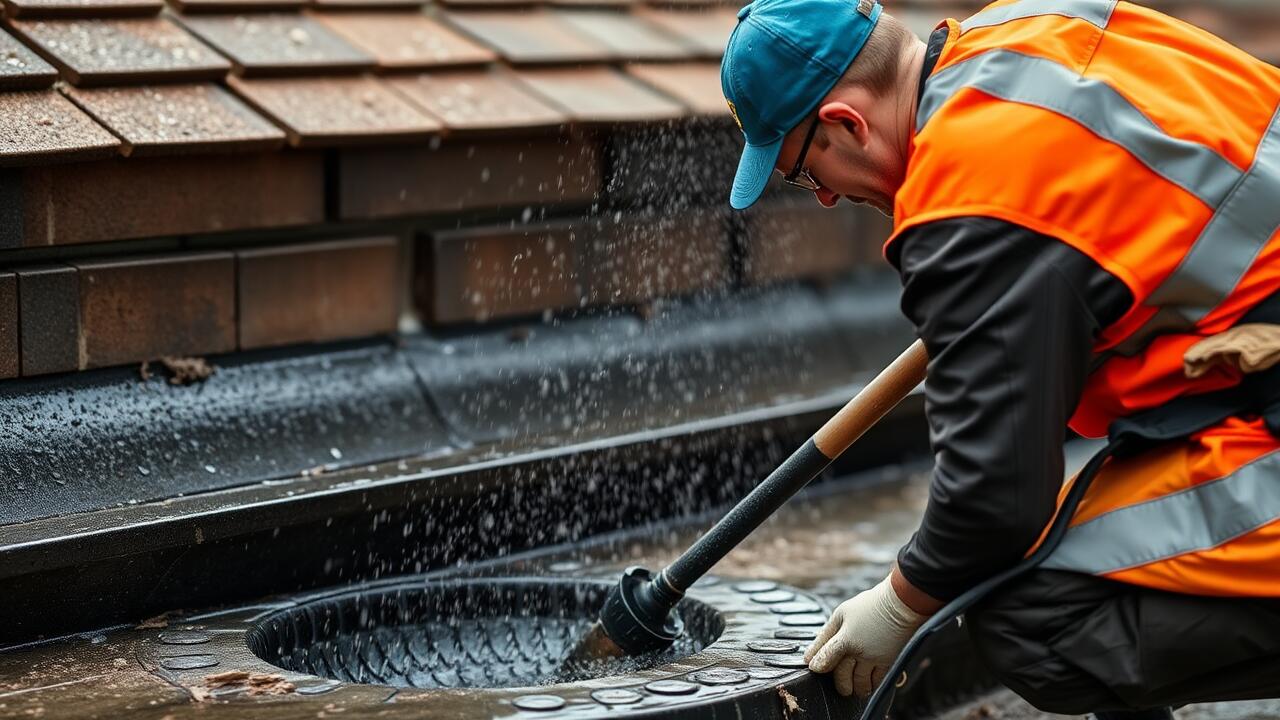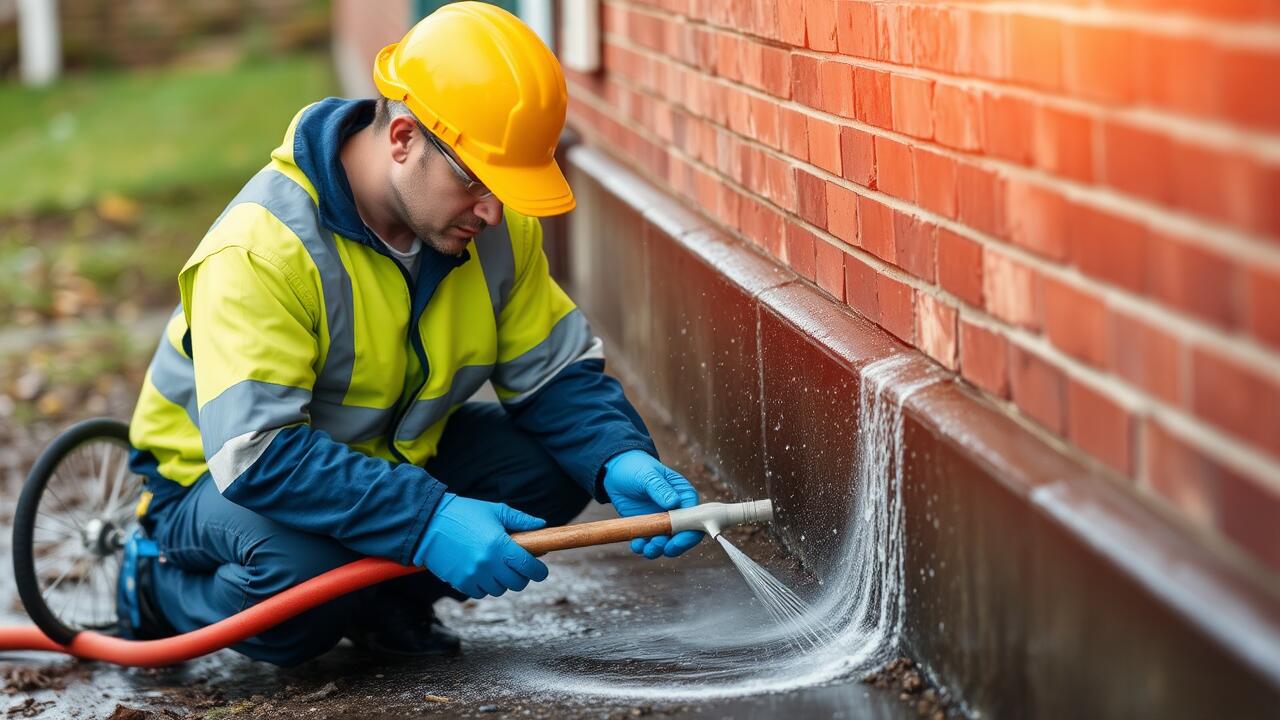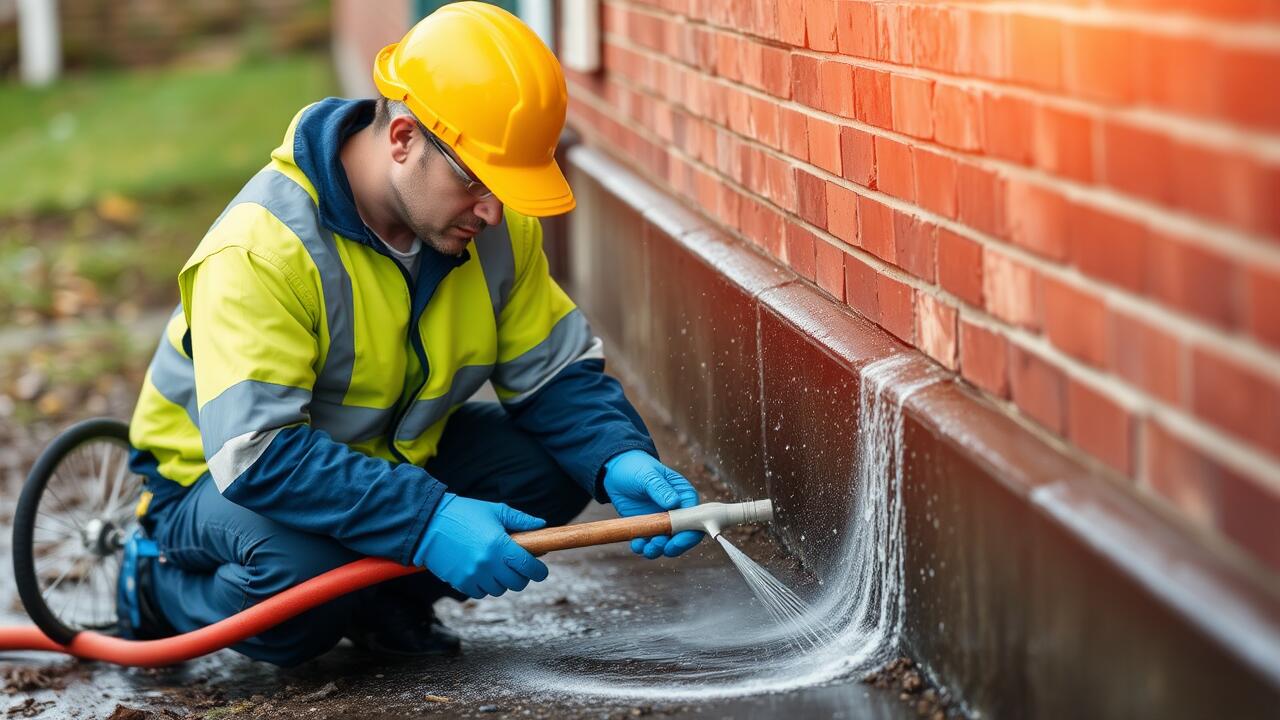
Safety Considerations When Using Vinegar
When considering the use of vinegar as a drain cleaner, safety should always come first. While vinegar is a natural and non-toxic option compared to harsh chemical cleaners, it is still essential to use it properly. Make sure to wear gloves and protect your eyes when handling vinegar, especially if you are using it in combination with baking soda or other substances. These mixtures can create unexpected reactions, so avoid inhaling any fumes that may arise during the process.
In addition to personal safety, it is crucial to consider the potential impact on your plumbing system. Vinegar can help break down certain types of clogs, but excessive use may cause damage to some fixtures or pipes over time. If you are unsure about the condition of your plumbing or the suitability of vinegar for your specific issues, searching for “Drain cleaning near me” can lead you to professionals who can provide tailored advice and services.
Precautions for Using Vinegar in Plumbing
When considering the use of vinegar for unclogging drains, it is essential to know the potential effects on your plumbing system. Vinegar is acidic, which can corrode certain types of pipes over time, particularly those made of metal. Regular application of vinegar may lead to wear and tear, compromising the integrity of fixtures. Assess the age and material of your plumbing before using vinegar as a regular solution. Proper research can help you avoid unintended damage while seeking remedies for clogs.
Always conduct a patch test when using vinegar in conjunction with other cleaning agents. The combination of vinegar and baking soda can yield effective results but should be used cautiously. Mixing vinegar with bleach, however, creates toxic fumes that can pose serious health risks. If you are uncertain about the compatibility of various substances, consulting a professional or searching for "drain cleaning near me" can provide safe alternatives tailored to your plumbing needs.
Comparing Vinegar to Chemical Drain Cleaners
When it comes to clearing clogs, many homeowners often weigh the effectiveness of vinegar against traditional chemical drain cleaners. Vinegar, being a natural substance, can effectively break down minor blockages caused by buildup such as grease or soap scum. It is less harmful to the environment and poses fewer risks to human health when compared to harsh chemical alternatives, which can release toxic fumes and cause skin irritation. Those searching for "drain cleaning near me" may find that vinegar is a preferable option for routine maintenance.
On the other hand, chemical drain cleaners are formulated to tackle tougher clogs that vinegar may not suffice in removing. These products can dissolve hair, food particles, and other stubborn blockages more aggressively. However, their potency comes at a cost, including potential damage to plumbing systems over time. For individuals deciding between vinegar and chemicals, the nature of the clog and the desired method of maintenance will play a crucial role in their decision-making process.
Pros and Cons of Different Drain-Clearing Methods
When considering various drain-clearing methods, it is essential to weigh their advantages and disadvantages. Chemical drain cleaners offer fast results and can dissolve stubborn clogs effectively. However, they often contain harsh substances that may pose risks to plumbing systems and the environment. The potential for pipe damage makes their long-term use questionable. Home remedies like vinegar are gaining popularity due to their natural composition and low cost. They may take longer to work but are generally safer for use around plumbing.
Another option is to use mechanical methods such as plungers or snakes. These tools provide a hands-on approach to unclogging drains without introducing chemicals. While they can be effective, they require some skill and physical effort. Many people prefer convenient solutions found by searching "drain cleaning near me." This approach leads them to professional services that combine various methods, offering a reliable fix without the hassle of DIY attempts. Each method presents unique benefits and drawbacks that should be carefully considered based on individual plumbing needs.
Vinegar's Impact on Plumbing Systems
Vinegar can be a gentler alternative for removing minor clogs and odors in plumbing systems. Its acidic nature can break down some organic materials like grease and soap residue. However, it works best on minor blockages and should not be relied upon for severe clogs. Homeowners considering vinegar as a drain cleaning solution should also be aware of its effectiveness based on the type of plumbing they have.
Regular use of vinegar may lead to the gradual deterioration of certain fixtures, especially those made from metal or older materials. While vinegar is safe for many plastic pipes, its long-term effects on older plumbing systems can be unpredictable. For those looking for professional assistance, searching online for "drain cleaning near me" can provide access to expert services that evaluate the best maintenance practices for their plumbing.
How Vinegar Affects Pipes and Fixtures
Vinegar is often touted as a natural solution for clearing drains, but its impact on plumbing systems can vary depending on the material of the pipes. For many standard plumbing materials like PVC, vinegar poses minimal risk and can effectively help dissolve minor clogs. However, over time, excessive use of vinegar might lead to a buildup of acidity that could weaken certain components if they are not designed to withstand such properties.
When considering its effects on fixtures, vinegar can be beneficial for preventing mineral buildup. Its gentle acidic nature helps to break down deposits in faucets and showerheads, keeping the water flow as intended. Homeowners should be cautious and ensure they do not use vinegar on surfaces that are sensitive to acid, like natural stone. Those looking for other alternatives might want to explore options by searching "drain cleaning near me" to find professional assistance tailored to their specific plumbing needs.
FAQS
Can vinegar effectively unclog drains?
Yes, vinegar can help unclog drains, especially when combined with baking soda. The chemical reaction between the two can break down minor clogs caused by grease, soap scum, and other debris.
Is using vinegar safe for all types of plumbing?
While vinegar is generally safe for most plumbing systems, it is best to avoid using it on plumbing made of certain metals, such as aluminum, and on fixtures with rubber components, as it may cause damage over time.
How does vinegar compare to chemical drain cleaners?
Vinegar is a natural alternative to chemical drain cleaners. It is less harsh on plumbing, environmentally friendly, and typically safer for indoor use. However, chemical cleaners may work faster for severe clogs.
What are some pros and cons of using vinegar to clear drains?
Pros include being non-toxic, eco-friendly, and inexpensive. Cons may include limited effectiveness on stubborn clogs and the need for multiple applications for best results.
How can I use vinegar to unclog my drain?
To use vinegar for unclogging, first pour a cup of baking soda down the drain, followed by a cup of vinegar. Allow it to sit for about 30 minutes, then flush the drain with hot water to help clear the clog.


